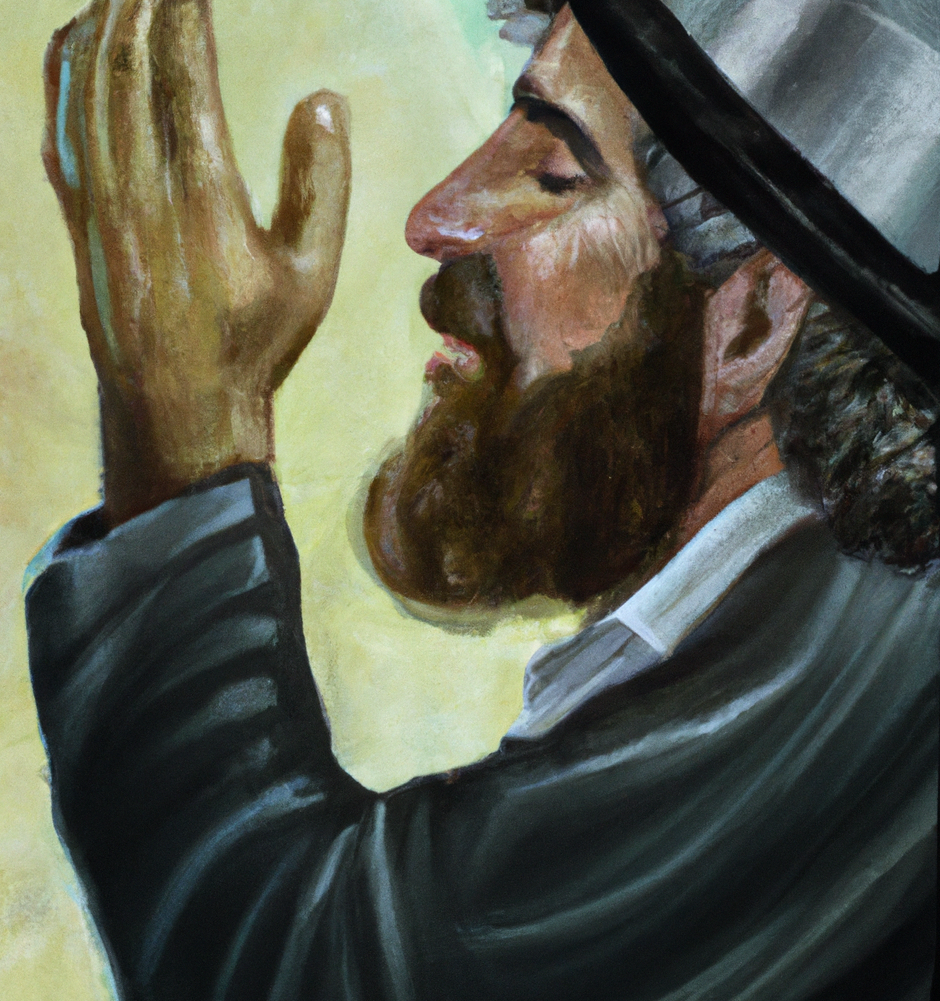Join the Story
Life-Changing Biblical Study tours to Israel, Turkey & Jordan
Embark on a journey to Israel, Jordan or Turkey that will impact your faith each step of the way.
What is a Biblical Study Tour?
Discover the 4 different types of Holy Land tours, and how the Being a Disciple study tours allow for you to experience the Bible in its original locations and context. Our tours follow the “rabbinic model” that is modeled after the teaching style and format as learned from Ray Vander Laan. Each day you will walk the dusty trails in the footsteps of the people of the Bible enjoying the stories of the Bible.
What makes our tours unique?
Biblical Context
Placing the stories of the bible in their accurate historical and biblical context allows each person to experience the bible in a life changing way.
Story Telling
By using the art of Biblical story-telling, the trip is far more engaging and enjoyable. This shows you the characters, emotions, and actions of the Bible in full color.
Consistent Timeline
Maintaining a historical timeline that builds upon each previous location and faith encounter makes the tour easier for people to remember the storylines and locations.
Rabbinic Model
The rabbinic model, made popular by Ray Vander Laan, is “learning with your feet,” and bringing the sights, sounds, and smells of the Bible to life.
Faith Encounters
Each location, and story is designed to bring you face to face with a faith encounter. Structured so that our spiritual journey is strengthened each step of the tour.
Community
By following the unique structure of our tours, the individuals that experience these places together form into a tight-nit community that often become life long friends.
Hello, I’m David.
I am a father of four boys and a girl, and a husband to my amazing wife Roseanne. Almost all my life I have had a passion to study the text and to understand it better. In 2014, I had the amazing opportunity to travel to Israel with Ray Vander Laan and experience for the first time, the teachings of the Bible in their biblical context. From that moment, I realized that even though I had graduated from a seminary, my grasp of the text was from a limited and intellectual framework.
In my pursuit to study the text in biblical context and what 1st century discipleship, my family and I moved to Israel, where I studied biblical archeology and spent as much time as possible walking the trails, hiking the mountains. In Israel a passion was created to raise up disciples in the same rabbinic method that Jesus did in the 1st century.
Returning to the states, we launched First Fruits Family Farms, a regenerative farm and a place for discipleship, teachings and community. Also, Being a Disciple was launched as a ministry with seminars, teachings, and hosting trips into Israel, Jordan, and Turkey. My purpose is to raise up disciples and mature fruit bearing believers to pursue the Kingdom of Heaven.
What are the different types of tours?
Faith Encounter Tour
Faith Encounter tours allow for all ages and most physical abilities to encounter the stories of the Bible in their original setting, without the physical demands of the Faith Immersion tours. The trip is built on the concept of the rabbinic method, and the locations and teachings are specifically chosen to bring you into an encounter with the stories and characters of the Bible in their original context.
Faith Immersion Tour
Faith Immersion tours are a complete immersion into the lands and stories of the Bible. Structured to provide a glimpse into the world of a 1st century disciple, these tours are physically demanding and require a level of physical fitness to participate on these tours. To recreate the lessons of the Bible, we journey to the places that best allows us to fully immerse our faith into the text and the teachings of Jesus Christ.

SCHEDULE DAVID
The mission of Being a Disciple is to “go therefore and make disciples of all nations…” A part of that ministry is bring the stories of the Bible to life through story telling and contextual teachings that better explain the stories in the Bible.
The vast majority of “biblical teaching” in today’s churches focus on biblical theology, doctrine or proof text explanation. This type of teaching has its importance, but does not include a vital part of studying the text – the original context and setting of the Bible. Bringing the text alive, through story telling, and pictures, we can increase our passion for the very words of God together.
Our focus is to teach the physical backgrounds and context of the Bible from an eastern and cultural perspective so that the stories of the Bible can accurately be understood in the setting in which they occurred.
“Every stone tells a story, every site is a testament to the events that shaped faith, history, and civilization. To walk in Israel is to walk through the pages of the Bible, to see with your own eyes the places where the stories of faith were lived and breathed.”
Biblical ARTICLES
Top 25 Uplifting Bible Scriptures on Encouragement
Below is a list of the 25 most uplifting and encouraging Bible verses. (All verses are in the KJV) 1. Isaiah 40:31 - “But...
What is the meaning of Proverbs 3:5, “Trust in the Lord with all thine heart; and lean not unto thine own understanding?”
In Proverbs 3:5, we read “Trust in the Lord with all thine heart; and lean not unto thine own understanding.” This...
What is the meaning of Matthew 5:45, “It rains on the just and the unjust?”
Have you ever heard some one flippantly say, "Oh well, it rains on the just and the unjust," after something happens....




